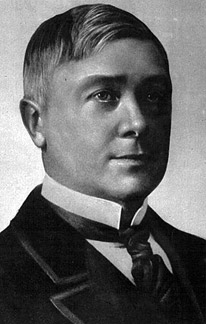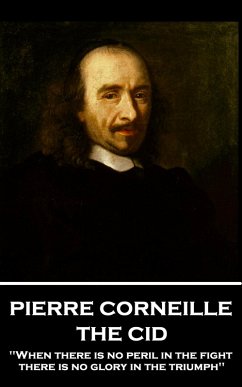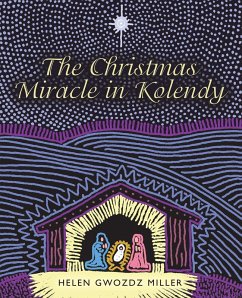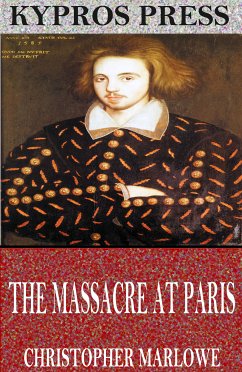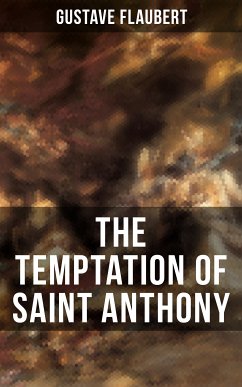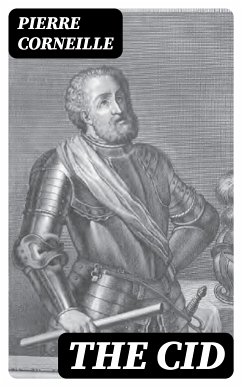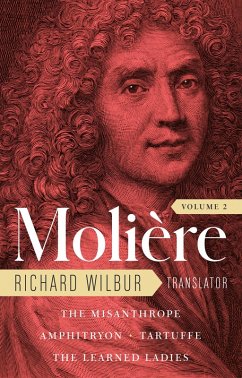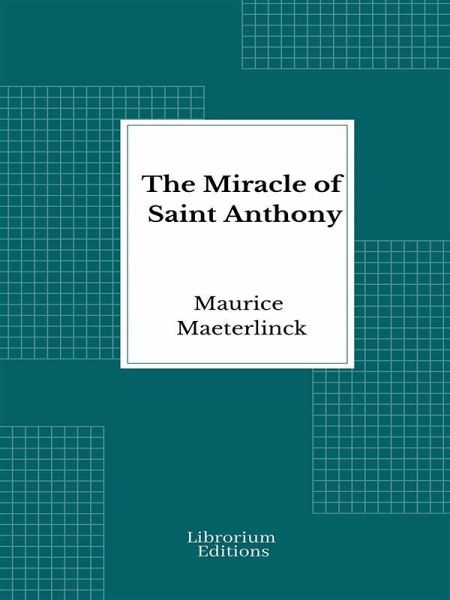
The miracle of Saint Anthony (eBook, ePUB)
Versandkostenfrei!
Sofort per Download lieferbar
1,49 €
inkl. MwSt.
Weitere Ausgaben:

PAYBACK Punkte
0 °P sammeln!
"The Miracle of St. Anthony"-whatever the exact date of its writing, and that is a point which the author himself has probably forgotten,-belongs in flavour and spirit, to that early period of the career of the Belgian seer and mystic to which Mr. James Huneker referred when he wrote "There is no denying the fact that at one time Maeterlinck meant for most people a crazy crow, masquerading in tail feathers plucked from the Swan of Avon." For it was to Shakespeare that he was first compared, though the title "the Belgian Shakespeare" was applied ironically by some, just as later manifestationso...
"The Miracle of St. Anthony"-whatever the exact date of its writing, and that is a point which the author himself has probably forgotten,-belongs in flavour and spirit, to that early period of the career of the Belgian seer and mystic to which Mr. James Huneker referred when he wrote "There is no denying the fact that at one time Maeterlinck meant for most people a crazy crow, masquerading in tail feathers plucked from the Swan of Avon." For it was to Shakespeare that he was first compared, though the title "the Belgian Shakespeare" was applied ironically by some, just as later manifestationsof his genius won for him the appellation of "the Belgian Emerson.
Dieser Download kann aus rechtlichen Gründen nur mit Rechnungsadresse in A, B, BG, CY, CZ, D, DK, EW, E, FIN, F, GR, HR, H, IRL, I, LT, L, LR, M, NL, PL, P, R, S, SLO, SK ausgeliefert werden.




